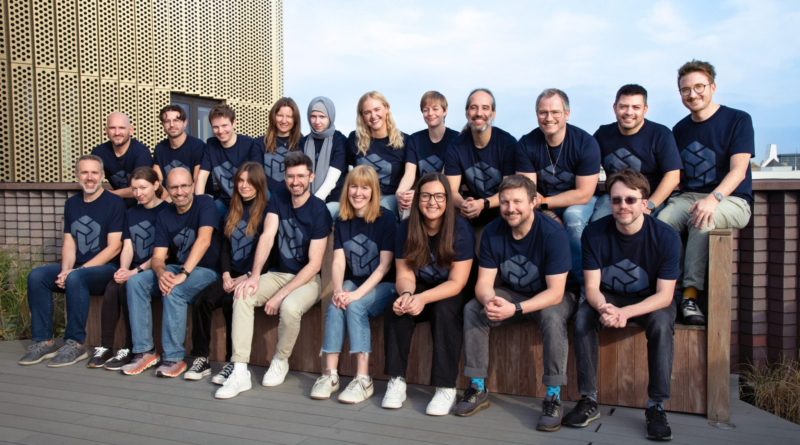Exclusive: Tessl worth a reported $750 million after latest $100 million funding to help it build ‘AI native’ software development platform
Tessl, a startup founded by a veteran entrepreneur who wants to use AI to revamp how computer programmers design, code, and maintain software, has raised $125 million across two previously undisclosed funding rounds.
The company said it raised a $25 million seed round in April from GV (formerly Google Ventures) and venture capital firm boldstart. Today, it announced it has secured an additional $100 million Series A venture capital round, led by Index Ventures. Accel Partners, GV, and boldstart also participated in the latest funding.
The latest funding round values the startup at $750 million, according to people with knowledge of the deal’s structure.
The company is the brainchild of Guy Podjarny, who is often known by the handle “Guypo.” He previously served as chief technology officer at internet infrastructure company Akamai, after his startup Blaze.io was acquired by that firm, and then founded Snyk.io, a company that automatically finds security flaws in software and suggests ways to patch them.
Podjarny says that his vision for Tessl is to use AI to let software designers specify the functions and features of the programs they wish to create in natural language and then have AI models take care of the rest.
The market for AI coding assistants is increasingly crowded. Microsoft-owned GitHub offers its GitHub Copilot software, which can complete lines of code and has proved popular with coders. There is also Cognition, a startup whose coding assistant Devin can create entire programs from natural language prompts. And these are just two of a dozen AI-based applications—from companies such as Codeium to Replit to Tabnine—that offer AI assistance to software programmers.
But Podjarny says these other AI coding copilots are not ambitious enough. “These AI dev tools are very much focused on automating the existing workflow,” he told Fortune.
He says that these tools are all “code-centric” and “code dependent.” Podjarny imagines a world in which the high-level specifications of what the program is supposed to do becomes the primary surface on which a software developer works, with all the questions about how the program accomplishes this goal left largely up to AI. Critically, the AI model will also handle debugging the code it writes, doing security testing of that code, and maintaining that code over time.
In this new paradigm, the software developer becomes much like a systems architect or a product manager, thinking about the big picture of what the software needs to do and what it needs to interact with, rather than getting involved in the specifics of how exactly the software accomplishes those goals, Podjarny said.
“Being spec-centric means you define what you want, and that includes definitions of what correctness looks like –the core definitions of how the system should behave,” he said. This would be different for a mobile game than, say, SaaS software. A developer could specify that it wanted the application to prioritize latency during peak hours of usage, and to be more cost sensitive during less busy hours, for instance. And, as a result, the application might in fact use completely different code bases, written in different programming languages, at different points in the day.
London-based Tessl currently employs 21 people and has built two preliminary versions of its coding assistant, which it is testing internally and with a group of select external users. But it is not yet ready, Podjarny says, to begin selling the software to paying customers. It said it hoped to begin offer the product to customers in 2025 and announced that it was currently opening a waitlist for those who wanted to sign up to try Tessl.
It also said it was inviting software developers to join the community of “AI native” developers that it is seeking to foster.
Carlos Gonzalez-Cadenas, a partner at Index Ventures, said the firm had known Podjarny for years and believed he had both the entrepreneurial chops and the vision to make Tessl a success. Podjarny has “a great track record of catalyzing cultural change in how developers work,” Gonzalez-Cadenas said in a statement. “What he’s building with Tessl isn’t just a tool, but a movement to change how software gets made.’



